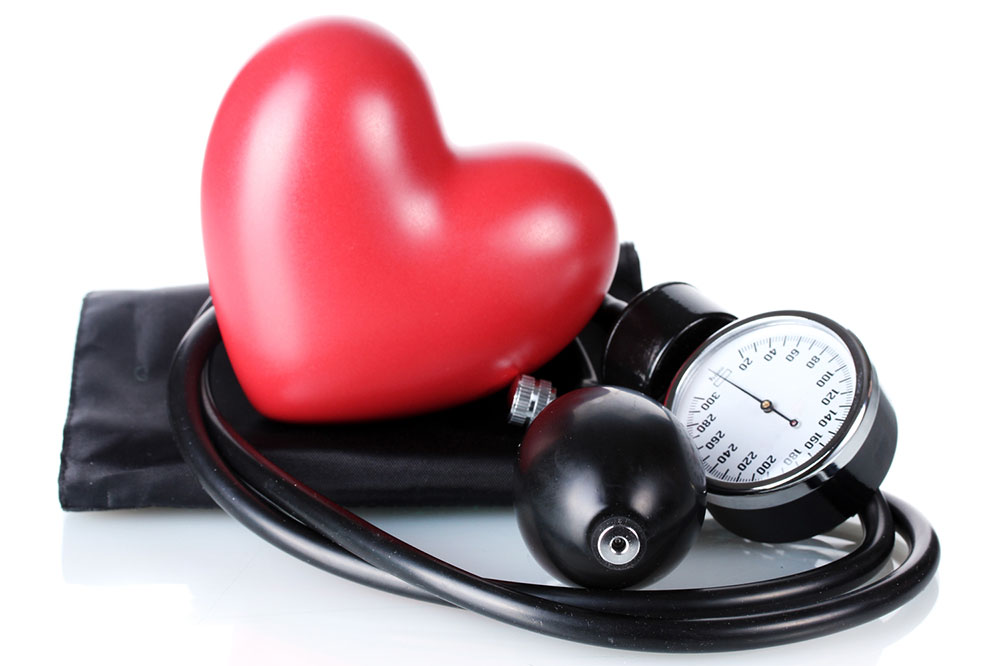Understanding the Relationship Between Heart Health and Hypertension
This article explores the crucial link between hypertension and heart health, highlighting how high blood pressure can cause artery damage, heart enlargement, and increase the risk of heart attacks. It also offers practical prevention tips, emphasizing regular check-ups, a healthy lifestyle, and stress management to safeguard cardiovascular health.

Insights into Heart Health and Hypertension
High blood pressure, or hypertension, can gradually damage the body without obvious symptoms, often going unnoticed for years. If left uncontrolled, it increases the risk of severe health issues like strokes and heart attacks, impacting overall quality of life. One common complication related to high blood pressure is hypertensive heart disease, which encompasses various heart problems caused by sustained hypertension.
How Hypertension Affects the Heart
Prolonged elevated blood pressure can harm the arteries and the heart itself, leading to conditions such as artery narrowing and heart failure. Damaged arteries may develop atherosclerosis due to plaque buildup, restricting blood flow. Weak artery walls can bulge, causing aneurysms that pose life-threatening risks if they rupture.
Effects on Cardiac Health
High blood pressure can damage coronary arteries, reducing blood supply and risking angina, heart attacks, or arrhythmias.
Constant hypertension forces the heart to work harder, resulting in the enlargement or thickening of the left ventricle, which increases risks of heart failure and cardiac death.
Over time, the strain on the heart muscles may lead to overall weakness, culminating in heart failure.
Connection to Heart Attacks
The cumulative damage from high blood pressure can weaken heart muscles, elevating the risk of heart attacks. Symptoms include chest pain, dizziness, shortness of breath, and discomfort in the jaw, neck, or back. Recognizing these signs early is vital for prompt treatment.
Preventive Strategies
Managing blood pressure effectively is key to preventing heart-related complications. Regular check-ups are recommended—at least once annually for adults over 18, and more frequently if hypertension is diagnosed. Incorporate at least 150 minutes of moderate exercise weekly, eat a healthy low-salt diet, and practice stress-relieving techniques like yoga or meditation. Addressing associated conditions like high cholesterol and diabetes is also essential. Consulting with healthcare professionals can help devise personalized plans to keep your blood pressure in check and protect your heart health.










